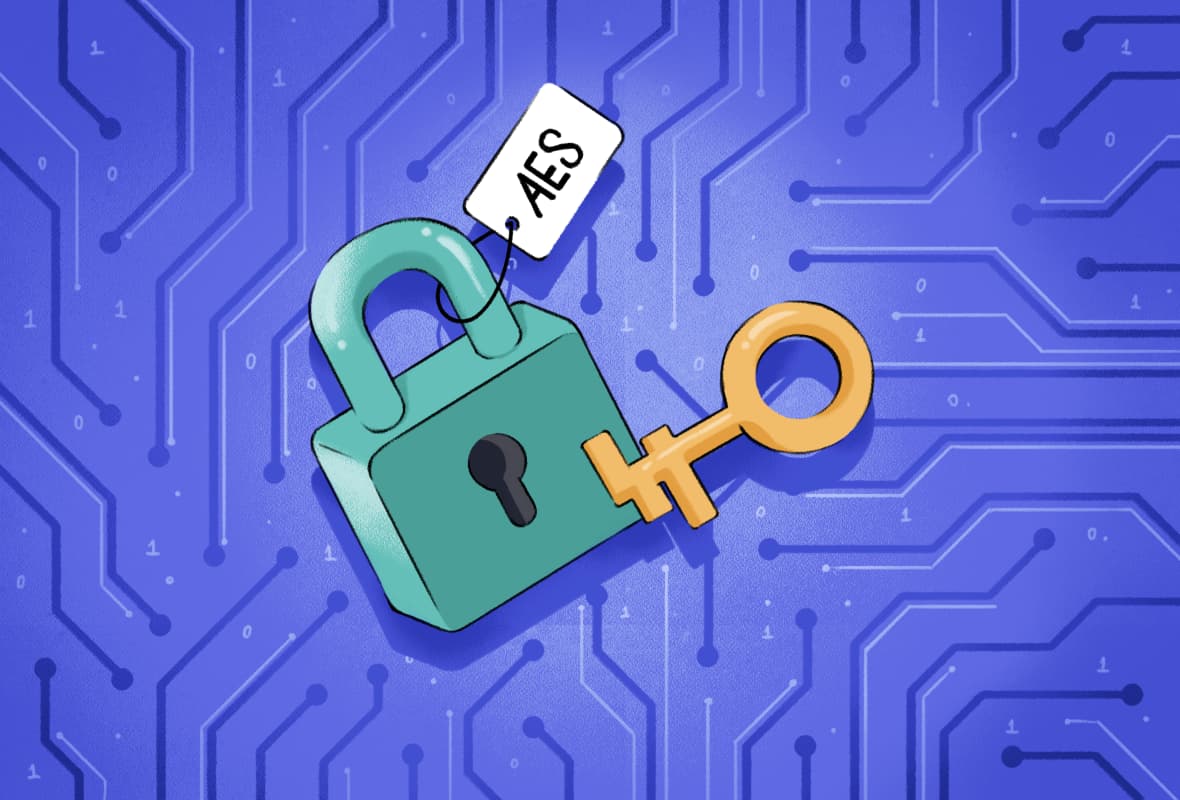August 2023
AES Encryption: A Simple Guide to Advanced Security
AES, or Advanced Encryption Standard, is a symmetric encryption algorithm established by the U.S. National Institute of Standards and Technology (NIST) in 2001. It replaced the older Data Encryption Standard (DES) which had vulnerabilities. AES is designed to be efficient in both hardware and software and supports key lengths of 128, 192, and 256 bits.
Fully Homomorphic Encryption: A Comprehensive Overview
Fully Homomorphic Encryption is a game-changing technology that promises to redefine data security in the digital age. While there are still challenges to overcome, the potential benefits of FHE are enormous. As we move towards a future where data privacy and security are paramount, FHE will undoubtedly play a crucial role in shaping that future.
How to Encrypt Hard Drives: A Comprehensive Guide
Encryption is the process of converting data into a code to prevent unauthorized access. When it comes to hard drives, encryption ensures that your data remains private and secure, even if the drive falls into the wrong hands. In this article, we’ll delve into the intricacies of encrypting hard drives, whether they’re standalone or integrated into laptops and desktops.
End-to-End Encryption in Messaging : A Deep Dive into Privacy and Security
End-to-end encryption (E2EE) is a method of secure communication that ensures only the sender and the recipient can read the messages being exchanged.
Easy-to-Understand Guide to Secure Email: Keeping Your Conversations Private
Email encryption is akin to putting a letter inside a locked box, and only the recipient has the key to open it. When you send an encrypted email, the content is scrambled, rendering it unreadable to anyone except the intended recipient.





